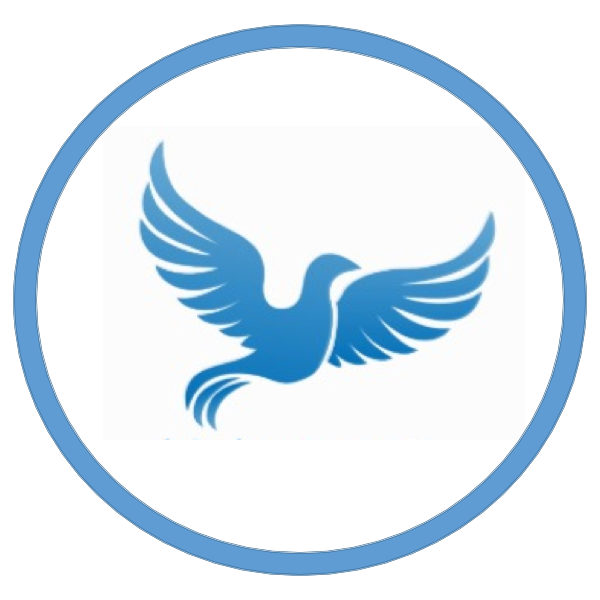Individualized Vocational and Educational Support and Training for Clinical High Risk for Psychosis (InVEST)
Description
InVEST is a novel intervention that aims to target three clusters of mechanisms believed to be key in contributing to increasing functional impairment in CHR-P: 1) executive functioning (a cognitive mechanism), 2) increased stress sensitivity (an emotional mechanism), and 3) task initiation difficulties (a behavioral mechanism). Conceptually, these mechanisms are consistent with a CBT conceptualization of role functioning impairment, and the strategies to target each mechanism will be adapted based on existing evidence-based interventions combined with clinical expertise in CHR-P treatment. Finally, our proposed project is based on robust scientific evidence supporting the need for early intervention, targeting functional impairment and related risk factors in individuals at CHR-P.
This study will be organized in two parts:
Part 1: Manual development and a preliminary open-trial (n = 8) to guide the development and refinement of InVEST through coach experiences and study participant feedback. Participants will complete the intervention and then a post-intervention focus group, providing data on the feasibility of InVEST and to direct the development of the InVEST intervention manual.
Part 2: A small, randomized trial comparing InVEST treatment (2 groups, n = 15 each). Participants will be randomized using a delayed treatment design, with half of participants randomized into InVEST and half randomized into a 4-month Delayed InVEST (DI; 4 month wait to start). Primary outcome measures will include CHR-P symptoms; global role functioning; executive functioning; stress sensitivity; task initiation; hopelessness; and suicidality.
Overview of Intervention: InVEST for CHR-P
The investigators will develop and test the feasibility of InVEST, an educational and vocational functioning intervention designed for youth at CHR-P, ages 12-18. InVEST streamlines CBT-P principles into an intervention model geared towards vocational and educational functioning.
InVEST is delivered individually by a "coach" (BA-level clinician) who can meet with youth at the clinic, by phone/ video, or in meetings in the community to provide support for implementing goals. Generally, sessions are once a week for one hour, but can be adjusted depending on client needs. The coach communicates with and serves as a member of a coordinated specialty care team (CSC) for CHR-P and collaborates with the client's individual therapist. The coach begins by identifying the youth's individualized goals and notes any difficulties with executive functioning, task initiation, and/or frustration tolerance. The coach then works with the client and therapist to develop a plan for taking action to accomplish goals and for practicing skills for improving organization, task initiation and managing frustration.
Study Procedures
Part 1: Development Phase/Open Trial Developing InVEST Manual: The investigators will develop an InVEST manual.
Recruitment: During the first year, the investigators will recruit 8 young people meeting broad CHR-P criteria from CEDAR or CHR-P research programs. Meeting broad diagnostic CHR-P criteria will be pre-determined through routine clinic assessments. Releases of Information's will be obtained from all participants upon recruitment to allow sharing of eligibility information for study recruitment. The investigators will slightly stagger these participants into 2 overlapping cohorts, to permit modifications to the protocol.
Refine and elaborate InVEST: Refinement will be an iterative process guided by our ongoing experiences in each of the stages. Additionally, the investigators will hold a focus group with the open trial participants, to inform refining the manual, particularly the initial InVEST assessment, which aims to guide how to individualize the intervention to particular client needs. The group will hold a meeting after each stage with all investigators and consultants to review and further refine the manual, including at the end of the development phase. The investigators will make changes to increase InVEST's acceptability, efficacy, efficiency, clarity, and developmental appropriateness. The open trial will inform what protocol accommodations are needed for younger adolescents, changes in content to sessions, whether and how age affects acceptability and feasibility, and whether the intervention needs to be simplified.
Assessments: Participants and a parent/ caregiver will complete 2 assessments (screening/baseline and post-treatment). Given our small sample size, treatment feasibility and accessibility are our primary outcomes. Our secondary outcome is role functioning. The investigators will acquire demographic variables and diagnosis from CEDAR records, and the investigators will conduct assessments on the following constructs: CHR-P symptoms; executive functioning; stress sensitivity; task initiation; hopelessness; and suicidality.
Focus Group Post-intervention, all open trial participants will be invited to participate in a focus group (n=8) to provide feedback on the intervention, and to inform manual development.
Part 2: Pilot Study Phase
Aims: The goals of the pilot study are to a) collect data on the feasibility and acceptability of InVEST, b) test and refine the provider training procedures, c) refine and pilot test provider adherence and competency measures, and d) preliminary investigation of InVEST's primary outcome (role functioning) and mechanisms (executive functioning, stress sensitivity, and task initiation).
Treatments: After obtaining all relevant consent and assent forms and completing their baseline assessment, participants will be randomized to either InVEST, or to a waitlist, Delayed Invest (DI) condition. Participants in the intervention condition will receive 4 months of InVEST treatment, then complete a post-treatment assessment and then a 4-month follow-up assessment. Delayed Invest participants will participate in their usual treatment without the addition of InVEST for their 4 months. Then, they will complete the 4-month assessment and begin working with an InVEST coach for the next 4 months, followed by a post-InVEST assessment. As a result, all participants will receive 3 assessments (which will allow the study assessment clinician to remain blind to study condition). Additionally, this procedure will allow for some consideration of change during the Delayed InVEST period, and for some consideration of stability after the intervention ends, and will permit all participants to receive the intervention. InVEST will be implemented as a 4-month intervention.
Assessments: Participants and a parent/ caregiver will complete 3 assessments (intervention: screening/baseline, post-treatment, 4-month follow-up; waitlist: screening/baseline, pre-treatment, post-treatment). Given our small sample size, treatment feasibility and accessibility are our primary outcomes. Our secondary outcome is role functioning.




